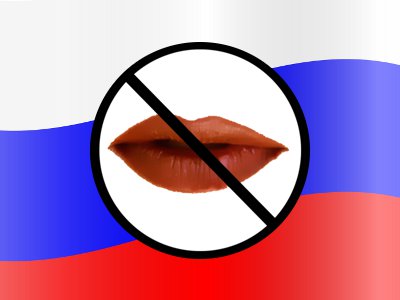Russian Internet Blacklist Law Goes into Effect
 YNOT – For the almost two-thirds of Russian citizens who support censoring online content that might be harmful to children, a new law allowing the government to close websites it deems offensive probably seems like a boon.
YNOT – For the almost two-thirds of Russian citizens who support censoring online content that might be harmful to children, a new law allowing the government to close websites it deems offensive probably seems like a boon.
Among free-speech advocates, search engines and internet service providers, however, the official blacklist has been heralded as a return to oppressive regimes of the past.
The controversial law, which took effect Nov. 1, ostensibly aims to curb online pornography as well as material encouraging drug abuse and trafficking (including how to grow or manufacture illicit substances and their precursors), suicide and other harmful behaviors. Residents of the Russian Federation may be subject to criminal, civil and other sanctions if they “seek, receive, transfer, produce or disseminate” any blacklisted material via any information system or network, including the internet.
Government agencies and courts are allowed to place websites on the official blacklist, and those sites must be blocked by search engines and ISPs.
Agencies authorized to contribute to the blacklist include the Federal Service of the Russian Federation for Control of Drug Trafficking, the Federal Service for Supervision of Consumer Rights Protection and Human Well-being, and the Federal Service for Supervision of Communications, Information Technology and Communications. The latter has made available an online form to accept submission of potential blocked sites from “state and local governments, as well as legal entities and individual entrepreneurs, [non-governmental organizations] and other non-profit organizations as well as citizens.”
Sites including Mail.ru and the search engine Yandex, along with free-speech advocacy groups, have protested the law on the grounds it may lead to wider-spread censorship, particularly blocking of domestic and foreign websites critical of the government.
The law does make available a mechanism for challenging a website’s placement on the list, which can be found here.
In October, the independent Russian research organization Levada Analytical Center released the results of a poll indicating 63 percent of Russian Federation residents supported internet censorship because of the “numerous dangerous sites and materials” on the web. Only 19 percent of respondents indicated online hazards have been exaggerated and censorship was not acceptable.









